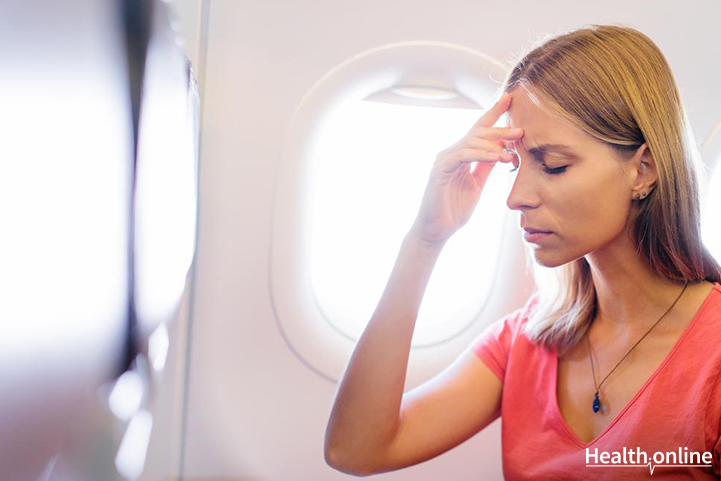
How to Deal with Migraine While Traveling
A migraine and motion sickness are two things that affect travelers most of the time. Motion sickness leads to dizziness, nausea, vomiting, and fatigue. On the other hand, migraine is a throbbing headache generally on one side of the head. A migraine lasts for 4 hours to 72 hours and may lead to nausea and vomiting. People with migraines are prescribed medicines and provided with relaxation training, thermal biofeedback, and cognitive-behavioral therapy or stress management training for providing migraine relief . Some OTC drugs providing relief for a migraine are aspirin, acetaminophen, and ibuprofen.
Recommended Read: Introduction and Types of Migraine
There are several treatments for best migraine relief naturally:
- Avoiding foods such as processed foods, pickles, cheese, chocolate and foods with nitrates in them
- Inhaling lavender oil directly or by applying to foreheads helps in faster migraine relief.
- Acupressure is desirous in dealing with migraine relief.
- A flower, Feverfew, is considered as a natural migraine treatment.
- Another migraine reliever is peppermint oil that is applied to the temples and forehead.
- Ginger powder provides migraine relief as well as relief from nausea.
- Yoga and biofeedback are an add-on for migraine relief.
Often migraines are caused by air travel or by train and bus travel. Triggers such as time zones, bright lights, increased stress levels, altitude, weather changes, and diet changes can all lead to migraines. People with migraines avoid traveling altogether just to stay away from a migraine attack.
Recommended Read: Causes and Treatment of Migraine
Here are some of the best treatment for a chronic migraine while traveling:
- Planning ahead of travel decreases the stress levels that cause migraines. Especially, do not forget medications. Check all luggage, tickets, pre-travel errands, and financial matters so that they do not cause last-minute stress.
- Adequate sleep is a natural migraine treatment and hence try to get time for that sleep since traveling is a natural sleep deterrent. Try to enjoy your experience; also avoid alcohol and caffeine, which might prove to be a trigger for migraines.
- Carry all your medication including migraine relievers with you during your travel. In fact, try to take extra doses and some in the cabin baggage. Keep the telephone number of your doctor handy so that you can easily contact him during travel. If you still get migraines during travel, think positive, take your medications, eat proper food and stay hydrated. These might provide adequate migraine relief.
- Be careful of your diets during travel and keep the migraine triggers to as low a level as possible.
- Dehydration has been touted as the most significant migraine trigger. So drink a lot of water to avoid migraine attacks. On long tours and during summer time, carry and drink water as much as possible.
- Some potential triggers for migraine attacks are a loud sound, bright lights, and strong odors. Try and avoid them as much as possible. Using sunglasses is the ideal solution to avoid bright sunlight. For sleep, you can use a sleeping mask and earplugs. Some medication might also help to control migraines.
- Check the weather of the place you are traveling to and consult a doctor to find out how to deal with your migraine.
- Motion sickness might become a migraine trigger; so take medications during those times to provide instant migraine relief.
Recommended Read: How I Beat My Migraine
Keep yourself updated with the latest on Travel Health . Like us on Facebook and follow us on Twitter for more on Health , Diet & Nutrition and Fitness . Also, check out our Health Tools and try out our health-related Quizzes .




